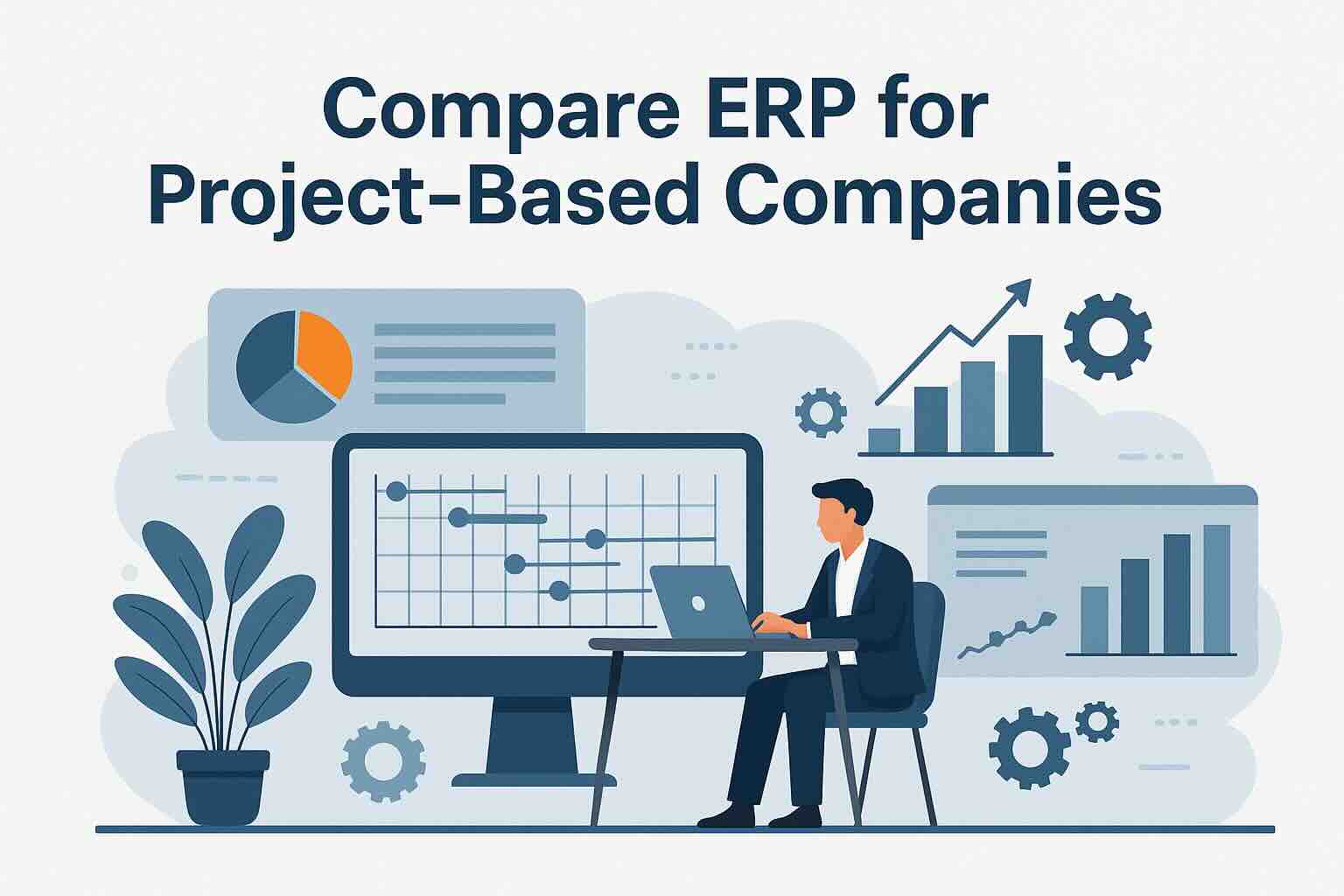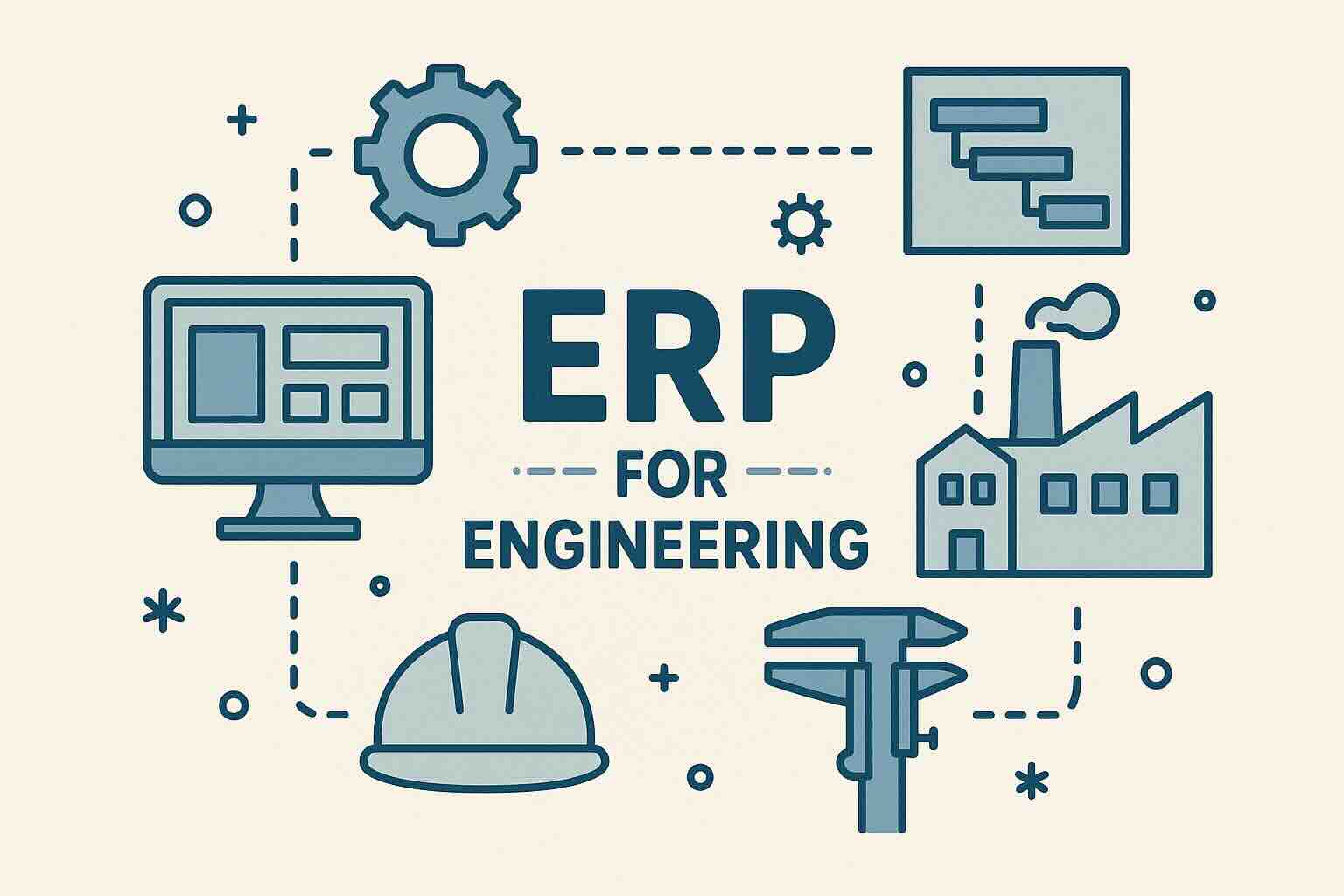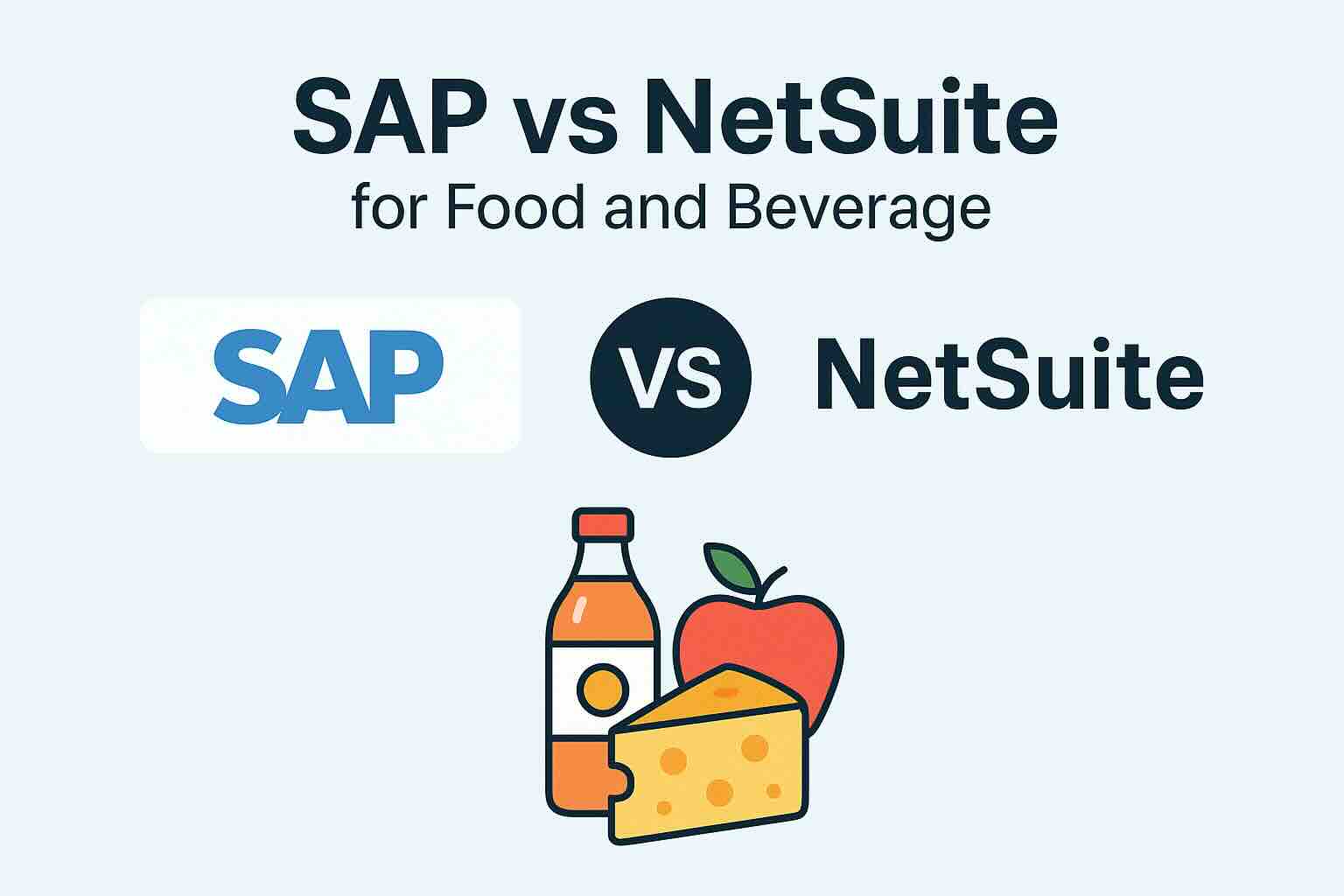Compare the Best Finance Systems

Enterprise Resource Planning (ERP) finance systems are vital for businesses with complex operations and a need for integrated financial management. These systems unify financial functions with other business processes, creating a centralized platform that enhances visibility, efficiency, and decision-making. In this guide, we’ll compare ERP finance systems best suited for enterprises, examining their core features, pros, cons, and the types of organizations that would benefit most from each.
Top Finance Systems to Consider
1. SAP S/4HANA
SAP S/4HANA is a next-generation ERP solution designed for large businesses with extensive operational needs. Built on SAP’s in-memory HANA database, it enables real-time processing and advanced data analytics, making it a powerful choice for organizations with global operations and complex financial structures.
- Core Features:
- Real-time financial and operational reporting
- Cash management and treasury solutions
- Revenue recognition and advanced compliance tools
- Multi-currency, multi-country support for global business
- Advanced analytics and machine learning capabilities
- Pros:
- Centralized platform covering finance, supply chain, and HR
- High processing speed with in-memory data handling
- Scalable and suited to enterprise-level requirements
- Deep integration with other SAP applications
- Cons:
- High upfront and operational costs
- Requires significant time for implementation and training
- Steeper learning curve, requiring skilled IT support
- Best For: Large enterprises with global operations, complex financial workflows, and high data processing needs, especially those requiring real-time insights and compliance capabilities.
To find out more about SAP S/4HANA you can click this link.
2. Oracle Cloud
Oracle ERP Cloud is a comprehensive ERP solution with strong financial management capabilities, particularly for large organizations seeking flexibility, scalability, and automation. Known for its sophisticated analytics and machine learning capabilities, Oracle ERP Cloud is suited to businesses that need robust financial planning, reporting, and data-driven insights.
- Core Features:
- Financial planning, budgeting, and forecasting
- Automated financial close and account reconciliation
- Multi-ledger and multi-currency support
- Advanced risk management and compliance
- Machine learning for predictive analytics
- Pros:
- Strong automation features for improved efficiency
- Flexible deployment options, including cloud and hybrid
- In-depth financial analysis with built-in AI
- Suitable for complex financial structures and large datasets
- Cons:
- High learning curve for new users
- Customization can increase implementation time
- Can be costly for small to mid-sized businesses
- Best For: Large businesses and multinational organizations looking for an ERP system with powerful financial analytics, automation, and flexible deployment options.
To find out more about Oracle Cloud you can click this link.
3. Microsoft Dynamics 365 Finance
Microsoft Dynamics 365 Finance offers an integrated ERP solution that emphasizes financial performance management, making it a popular choice for businesses seeking flexible cloud ERP capabilities. With its close integration to the Microsoft suite, it provides familiar tools and advanced financial insights ideal for mid-to-large businesses.
- Core Features:
- Real-time financial reporting and analytics
- Budgeting, forecasting, and financial planning
- Accounts payable and receivable automation
- Cash and expense management
- Integration with Microsoft Office and Power BI
- Pros:
- User-friendly interface with strong Microsoft integration
- Cloud-based and scalable, ideal for remote and global teams
- Comprehensive reporting and analytics powered by Power BI
- Modular design, enabling businesses to add features as needed
- Cons:
- Some advanced features require additional Microsoft modules
- High costs for full functionality and advanced capabilities
- Limited support for businesses with very complex ERP needs
- Best For: Mid-to-large businesses that already utilize Microsoft products and need a flexible, cloud-based ERP system with strong financial management and reporting capabilities.
To find out more about Microsoft Dynamics you can click this link.
4. NetSuite ERP
NetSuite ERP is a widely recognized cloud ERP solution, popular among growing mid-sized businesses. Known for its modular approach and flexibility, it offers strong financial management capabilities along with other core ERP functions, making it suitable for businesses that need an all-in-one solution without extensive customization.
- Core Features:
- Financial planning, budgeting, and forecasting
- Order and billing management
- Revenue recognition and compliance tools
- Multi-currency and multi-subsidiary management
- Real-time financial data and reporting
- Pros:
- Highly customizable and scalable with modular add-ons
- Comprehensive financial tools for mid-sized businesses
- Intuitive interface with strong reporting and analytics
- Cloud-based for easy access across global teams
- Cons:
- Limited functionality for very large enterprises with complex needs
- Some modules require additional costs
- Implementation and customization may require third-party support
- Best For: Mid-sized businesses and growing companies looking for a comprehensive cloud ERP system with strong financial tools, easy scalability, and flexibility.
To find out more about NetSuite you can click this link.
5. Infor CloudSuite Financials
Infor CloudSuite Financials is a financial ERP system designed to simplify and automate financial processes for enterprises. Built on a cloud platform, it combines strong financial management with industry-specific modules, making it a flexible option for businesses across healthcare, manufacturing, and other complex sectors.
- Core Features:
- Real-time financial planning, budgeting, and forecasting
- Advanced analytics and reporting with AI-driven insights
- Automated accounts payable and receivable
- Compliance management and audit controls
- Industry-specific financial tools (e.g., healthcare, manufacturing)
- Pros:
- Cloud-based with a focus on industry-specific functionality
- Advanced analytics for enhanced decision-making
- Strong automation tools for increased efficiency
- Easy to integrate with other Infor and third-party systems
- Cons:
- High upfront costs and subscription fees
- Learning curve for users new to Infor products
- Industry modules may require additional investment
- Best For: Large enterprises in specific industries (e.g., healthcare, manufacturing) requiring a flexible ERP finance system with strong industry capabilities and advanced automation.
To find out more about Infor you can click this link.
Key Factors to Consider When Comparing ERP Finance Systems
- Business Size and Industry Needs: The ideal ERP finance system will cater to your business’s size, industry, and specific operational requirements. For example, smaller enterprises with high growth potential might benefit from NetSuite ERP, while large, global organizations may find SAP S/4HANA or Oracle ERP Cloud more suitable.
- Budget and Total Cost of Ownership: ERP systems vary significantly in cost, from upfront investment to ongoing maintenance and support. Systems like NetSuite ERP are more affordable for growing businesses, while high-end options like SAP S/4HANA may offer more extensive capabilities but require a larger financial commitment.
- Integration Capabilities: ERP finance systems must integrate well with other business systems, such as CRM, HR, and supply chain management. Microsoft Dynamics 365 Finance integrates seamlessly with Microsoft products, while SAP S/4HANA is designed to connect deeply within the SAP ecosystem.
- Scalability and Flexibility: As your business grows, your ERP system should be able to adapt. Systems like Oracle ERP Cloud and NetSuite ERP are highly scalable, offering modules that can be added as your needs expand.
- Data Analytics and Reporting: Advanced data analytics can enhance financial decision-making and provide a competitive edge. Oracle ERP Cloud and Infor CloudSuite Financials are notable for their AI-driven analytics, while SAP S/4HANA offers real-time data processing with SAP’s in-memory database.
Conclusion: Compare Finance Systems for Optimal Business Growth
Choosing the right ERP finance system is crucial for managing complex financial and operational needs effectively. For large organizations, systems like SAP S/4HANA and Oracle ERP Cloud provide comprehensive capabilities for real-time processing, data analytics, and global support. Mid-to-large enterprises might find Microsoft Dynamics 365 Finance or NetSuite ERP ideal for scalability and flexibility, while industry-specific enterprises benefit from Infor CloudSuite Financials. By carefully evaluating factors like cost, integration, scalability, and analytics capabilities, you can select an ERP finance system that aligns with your business needs and supports sustainable growth.
To compare these finance systems and many more, you can use our new AI-powered Compare ERP tool. It’s free to use and you get a guaranteed discount on your first year’s licence fees with a referral from Compare ERP.









